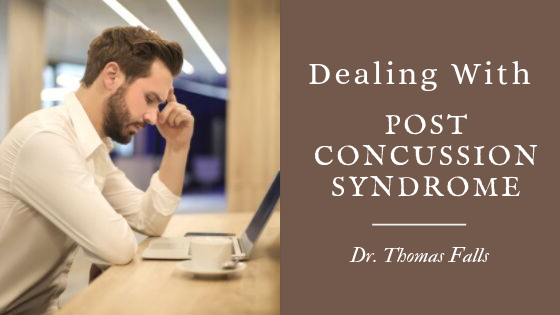Some of us have been hit in the head at some point in our lives, even by something as innocent as a thrown ball, and many may have gotten concussions from those impacts. Concussions, which happen when a sudden jolt to the head or neck causes the brain to slam into the side of the skull, can be serious but often have short recovery periods.
Although concussions are sometimes a sign of deeper brain injury, consequences of minor concussions are limited to temporary symptoms like fatigue and an inability to concentrate. Most concussions can be treated with a short visit to the emergency room for scans of further damage and a bit of monitoring.
The Bad News
Post-Concussion Syndrome arises when the mildly debilitating symptoms of those concussions remain for a long period of time. Different specialists have different opinions about the length of time it takes before Post-Concussion Syndrome is confirmed.
Don’t rush to the emergency room if you were hit in the head a few days ago and you’re still feeling off your game. It’s not until these symptoms have persisted for over a week that you should see a doctor. That said, early diagnosis is one of the most important aspects of treating PCS. Symptoms can linger for years, wreaking havoc on your life until your diagnosis.
There’s no way to diagnose PCS from lab tests alone, but in many cases doctors can do tests to detect other problems in the brain. It’s also possible that your symptoms are completely unrelated to the concussion, as in cases where initial dizziness can be treated by ear, nose and throat specialists.
The Good News
The good news is that these symptoms will fade with time, decreasing in intensity and frequency until they’re hardly noticeable. Often, treatment relies on psychological counseling and prescription antidepressants working together to aid in the patient’s recovery. Self-monitoring is key to the recovery process since your symptoms often won’t be severe enough to be measurable.
If you’re one of the many Americans who has been diagnosed with Post-Concussion Syndrome, don’t be alarmed – there are a multitude of resources for those working to recover from traumatic brain injuries. Remember that you can seek further help from a licensed doctor if you believe that your symptoms are worsening or have not been improving with treatment.

